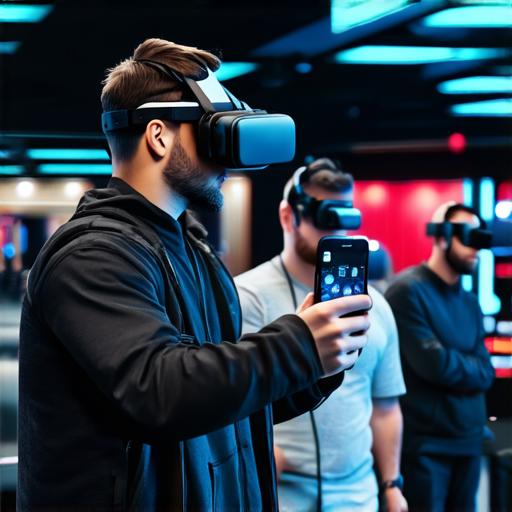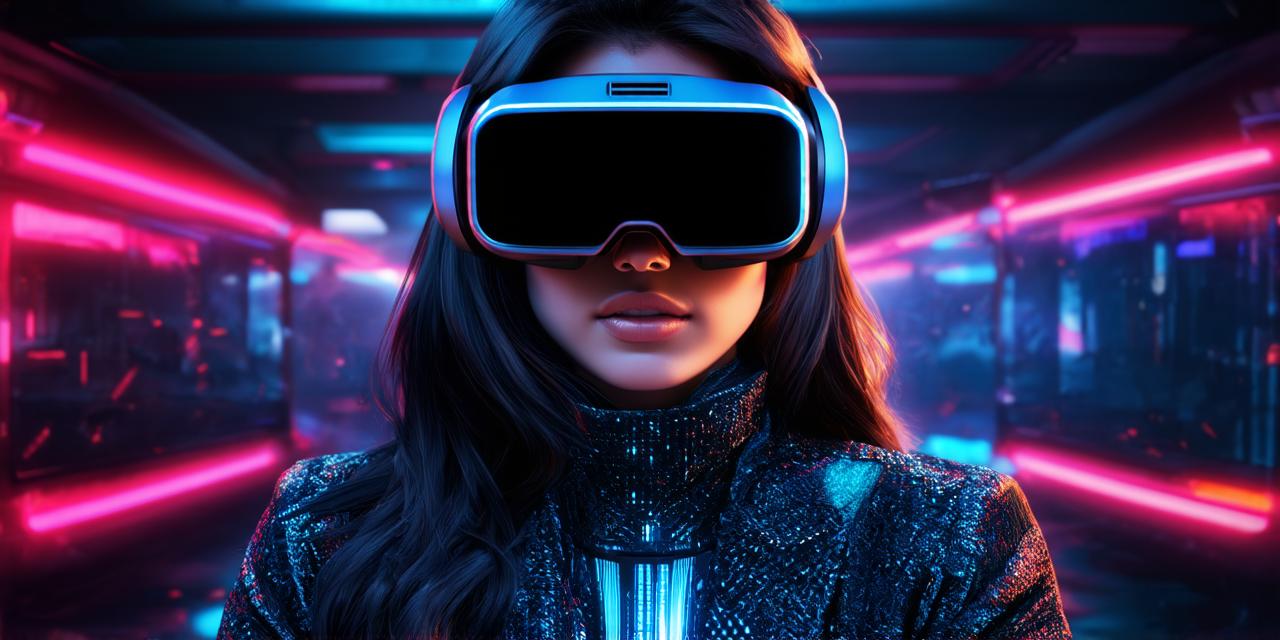Have you ever felt like our current reality is just a simulation? That there’s more to life than what we see and experience? The concept of the metaverse could be the answer. It’s a new, virtual reality where people can interact with each other and with their environment in ways that were previously impossible.
What Is the Metaverse?
The term “metaverse” was first coined by science fiction author Neal Stephenson in his 1992 novel Snow Crash. In the book, a virtual reality called the metaverse becomes a popular alternative to the physical world. Since then, the concept of the metaverse has been explored in countless movies, TV shows, and books.
In simple terms, the metaverse is a collection of virtual worlds, each with its own set of rules and inhabitants. These worlds can be accessed through specialized devices like VR headsets or smartphones, and people can interact with each other and with their environment in ways that were previously impossible.
Imagine being able to travel to any part of the world instantly, without leaving your living room. Or imagine being able to communicate with people from completely different cultures and backgrounds, all in one virtual space. The metaverse makes these scenarios possible.
The Potential of the Metaverse
One of the most exciting things about the metaverse is its potential for innovation and creativity. Because it’s a virtual world, there are no physical limitations to what can be created or achieved. This means that the metaverse could be used for a wide range of purposes, from education and training to entertainment and socializing.
For example, some companies have already started using the metaverse for work. Remote workers can interact with their colleagues in virtual offices, attend meetings in virtual conference rooms, and even collaborate on projects in virtual spaces. This could lead to more efficient and effective communication and collaboration, especially for teams working across time zones or continents.
The metaverse could also be used to create new forms of entertainment. Imagine being able to attend a concert or play a game in a virtual world that feels completely real. Or imagine being able to explore new places and cultures without ever leaving your living room. These are just a few examples of what the metaverse could make possible.

The Risks of the Metaverse
As with any new technology, there are also risks associated with the metaverse. One of the biggest concerns is the potential for addiction. Because the metaverse is so immersive and engaging, it’s easy to lose track of time and forget about the real world. This could lead to negative consequences like social isolation or neglecting responsibilities.
Another risk is the potential for misuse of the metaverse. For example, it could be used for illegal activities like hacking or cybercrime. There’s also a risk that the metaverse could be used to spread fake news or disinformation, which could have serious consequences for society as a whole.
Case Studies and Personal Experiences
One company that has already started exploring the potential of the metaverse is Oculus VR. The company recently launched a virtual reality platform called Horizon, which allows users to interact with each other in a virtual space. Early reviews have been positive, with many people praising the platform’s immersive and engaging experience.
Another example is Decentraland, a decentralized metaverse platform that allows users to create and own their own virtual worlds. The platform has already been used for a variety of purposes, from hosting virtual concerts to creating educational experiences for children.
Personal experiences with the metaverse are still limited, but many people have reported feeling more connected and engaged when using virtual reality platforms.
